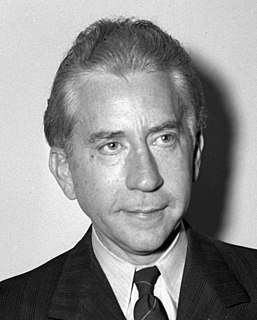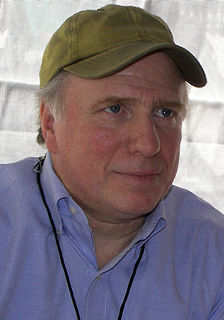A Quote by John F. Kennedy
For a subject worked and reworked so often in novels, motion pictures, and television, American Indians remain probably the least understood and most misunderstood Americans of us all.
Related Quotes
American foreign policy is not understood by the vast majority of American people. And that this is due to a media that in this country is suppressed by Washington and by the owners of this media, who often tend to be corporate entities close to the [White House] and very often are arms manufacturers with a vested interest in chaos [in] the Middle East. And as a result Americans do not actually get both sides of the story.
I would like to say, for the record, that I am in favor of using more American Indians and other minorities in motion pictures, I am against polluting the oceans of the world, I am for every nationality having its own homeland, I am against whacking baby seals on the head, and I am for saving the whales.
The Monica Lewinsky scandal was happening at the very time I was writing the West Wing pilot and it was hard, at least for Americans, to look at the White House and think of anything but a punch line. Plus a show about politics, a show that took place in Washington, had just never worked before in American television. So the show was delayed for a year.
There may be something in the fact that when I was a little kid I'd been told growing up that we had some degree of native American blood in us, I always found that a point of pride. So, when it came to cowboys and Indians I most certainly did not want to be John Wayne. I wanted to be one of the Indians.
Some of our newspapers and magazines are more concerned with the welfare of their advertisers than they are with the dissemination of news and the discussion of matters of lasting importance. ...Radio, television, motion pictures, popular books - all contribute...to...the stifling of dissent on all but the most banal levels. ...a renunciation of the most basic and precious of democratic principles.


































